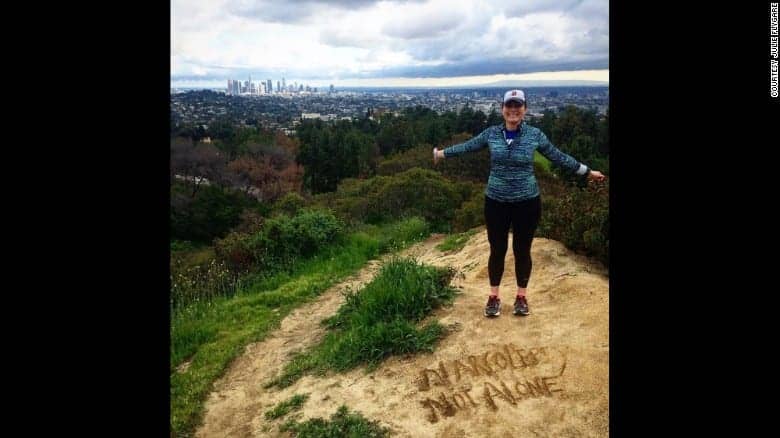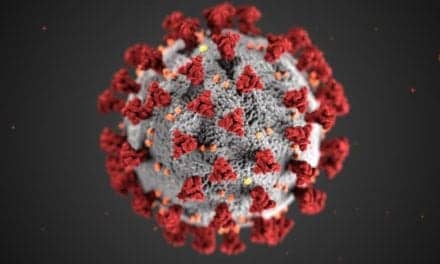The head of Project Sleep shared her narcolepsy story with CNN.
“After all this studying that I did, I kind of felt like we were caught in this catch-22, where we don’t like these misperceptions and these jokes that people make about narcolepsy, so then we’re not sharing that we have it,” Flygare said. “How do we break that cycle?”Narcolepsy affects every decision Flygare makes: when she eats, when she drives, when she works, when she sleeps. She takes medication twice a night and stimulants during the day. This means, for example, planning meals strategically to maximize her wakefulness for important tasks, like driving, since eating can contribute to her excessive daytime sleepiness. People with narcolepsy often don’t sleep through the night.But she didn’t want the disorder to define her boundaries. So Flygare went after her toughest physical challenge yet: LA’s Griffith Park Trail Marathon.“I’d say that having narcolepsy on an everyday basis is much harder than running a marathon,” Flygare said.
Read the rest at www.cnn.com





